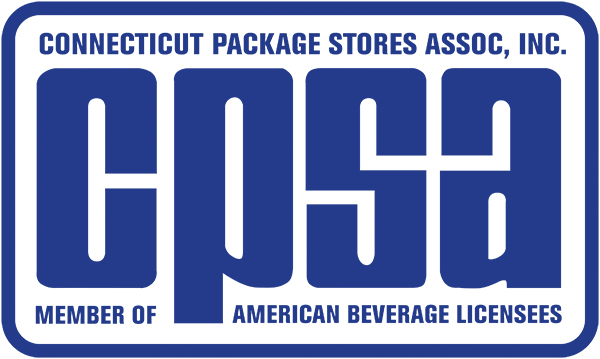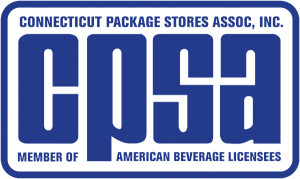

Sean Hughes, Account Director, Hughes & Cronin.
By Sean Hughes
In preparation for the next legislative session, many proposals for new bills are being discussed. While Connecticut is known for taking the lead on new and progressive legislation, there are some things we just can’t seem to leave alone, even after almost 40 years.
As one of just 11 states across the country with a “bottle bill,” Connecticut has once again reopened the discussion on our bill’s structure and system. The program was implemented January 1, 1980, with the purported intention of increasing recycling and cleaning up the environment. As it stands today, the bill applies to beer, carbonated beverages, and non-carbonated beverages.
From a consumer’s standpoint, one would pay a five-cent fee per bottle or can included in the price of the beverage by a retailer. After the purchase and consumption, it is up to the consumer to decide if they would like that five cents back. If they do, there are two options: return the bottles to a redemption center, or back to the retailer to collect.
Of course, the entire process is a little more complex. The origin of this deposit begins at the distributor, who charges the retailer five cents per bottle sold. The retailer then passes that amount on to the consumer. When a consumer brings the bottles back to the redemption center or retailer, the distributor must pay them back for all deposits, plus handling fees of at least one and one-half cents for each container of beer or other malt beverage and two cents for each beverage container of mineral waters, soda water and similar carbonated soft drinks or non-carbonated beverages.
When a bottle is not returned, the unclaimed deposit goes back to the state’s General Fund. These unclaimed deposits were intended to boost funding for programs that help improve the environment, but as Connecticut’s deficit grew wider, these programs were seeing less and less funding.
Over the course of time, the bottle bill has become more of a source to help close the budget gap than an environmental aid. As such, it has once again become open to changes that are believed to benefit the state’s economy, with a boost to environmental programs as a potential byproduct. Unredeemed deposits average about $33 million per year, but potential legislation for 2018 suggests that’s not enough.
 For the upcoming session of 2018, the Connecticut General Assembly is considering four proposals. The first is to replace the deposit with a nonrefundable fee to fund recycling centers. Second, to increase the deposit value from the current level of five cents. Third, to increase the handling fee for processing containers. Lastly, to expand the law to include nips, teas, sports drinks, and juices.
For the upcoming session of 2018, the Connecticut General Assembly is considering four proposals. The first is to replace the deposit with a nonrefundable fee to fund recycling centers. Second, to increase the deposit value from the current level of five cents. Third, to increase the handling fee for processing containers. Lastly, to expand the law to include nips, teas, sports drinks, and juices.
Each proposal has its problems. For example, a “nonrefundable fee” is a tax and should be referred to as such. Removing the deposit would severely damage groups like the Girl and Boy Scouts of America, causes such as bottle drives for Habitat for Humanity, families, and more who have long relied on returned deposits for funding.
Additionally, if the legislature wants to increase revenue from the bottle bill, targeting specific beverage containers is a waste. Instead, it should take the equitable route and add fees to other, more frequently used containers. There is no major difference between a mustard, pickle, peanut butter, or spaghetti container. These containers are made from glass in a variety of colors, plastics of many different sizes and colors, and even in box form. Let’s not forget milk cartons, stock boxes, and Tetra Pak packages, which should all be fair game.
While we are at it, let’s look at adding egg cartons, small dairy items, takeout plastics, and salad, prepared food, and vegetable boxes. If this is sounding like product stewardship, it may very well be. If we’re going down this road, why stop at soda, water, and alcohol beverage containers?
Interested in learning more about CPSA and member benefits? Simply visit ctpsa.com.



